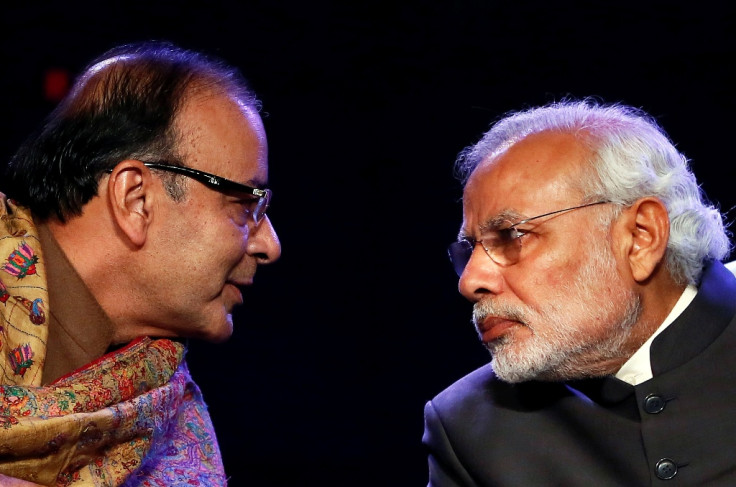India's plans to raise $6.5bn in retrospective tax would discourage foreign investors

India's plans to raise about $6.5bn (£4.4bn, €6.1bn) by retrospectively taxing foreign companies would hinder investments into the country, as it looks to boost economic growth by opening its market to foreign players.
In a televised interview, Finance Minister Arun Jaitley said he would retrospectively tax foreign institutional investors on capital gains made in previous years. With the move, the country looks to bolster its public finances to emerge from its fiscal weakness.
However, analysts suggest that the move would represent a major relapse on the country's economic reforms.
"While the reasoning appears sound, the uncertainty caused by retrospectively taxing companies is likely to raise concern within the private sector. For a start, this appears to be a case of the government backsliding on economic reforms," said Shilan Shah, economist at Capital Economics.
"Retrospective taxation not only adds to the complexities of the domestic tax system but also represents a direct threat to corporate profits, all of which is likely to provide an even larger deterrent to private sector investment."
India currently ranks 156<sup>th out of 189 countries for ease of paying taxes in the World Bank's latest Doing Business survey.
Earlier, Vodafone and Cairn Energy have entered into legal battles to dispute retrospective tax bills, estimated at $2.0bn and $3.3bn, respectively.
Shah suggested that a more effective way of boosting tax revenues would be to simplify the tax system, most notably by implementing the Goods and Services Tax (GST).
"A uniform GST would also help to broaden the tax base and ensure a more stable flow of revenues," he said.
© Copyright IBTimes 2025. All rights reserved.






















